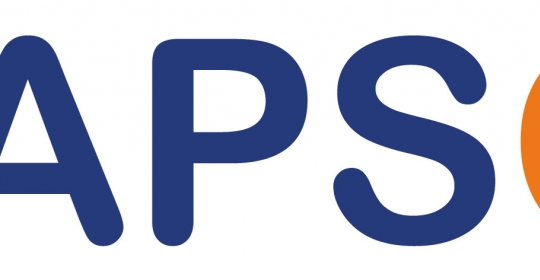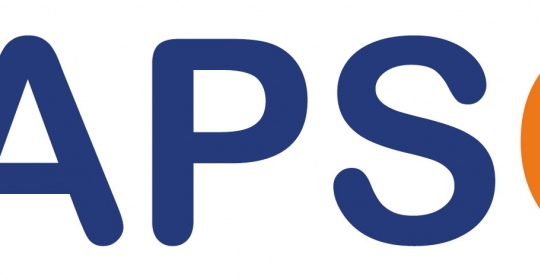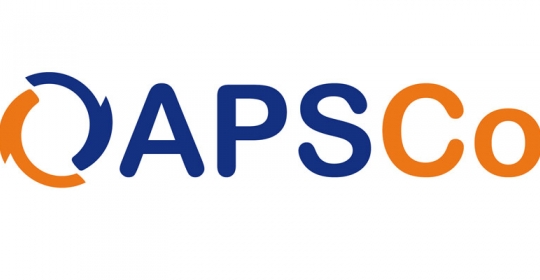“We welcome the fact that Article 50 has finally been triggered as this marks the beginning of the end of a period of perceived uncertainty for the professional recruitment sector.”
“Many of the issues that are likely to arise from Brexit will have either a direct or indirect impact on professional recruitment. Since June 2016 our members have been asking questions around how the UK’s exit will impact our sector, and now official negotiations are set to begin it is only a matter of time until we will receive answers, which allow businesses to plan accordingly.”
“Access to talent is a top consideration. When APSCo surveyed members on notable post-Brexit risks after the referendum, 83% were worried about the availability of candidates post-Brexit. It is critical that recruiters can continue to find the best available talent either from within the UK, the EU or elsewhere. Conversely, it is critical that UK professionals can continue to work throughout the EU.”
“It is crucial that any changes to immigration rules after the UK has left the EU take into account the need for professional talent in both the UK and the European Union. APSCo will continue to call for realistic limits on immigration that allow the movement of professionals to the benefit of the whole economy.”
“APSCo is a global trade association and many of our members operate across borders. While continued access to candidates is, of course, vital, we must also consider the rights of the recruitment workforce itself. APSCo is concerned that the sharp rhetoric regarding Brexit negotiations could potentially obscure the rights of EU citizens in the UK and British citizens living overseas. It is critical for the recruitment sector that people from the EU working in the UK know where they stand - and soon.”








